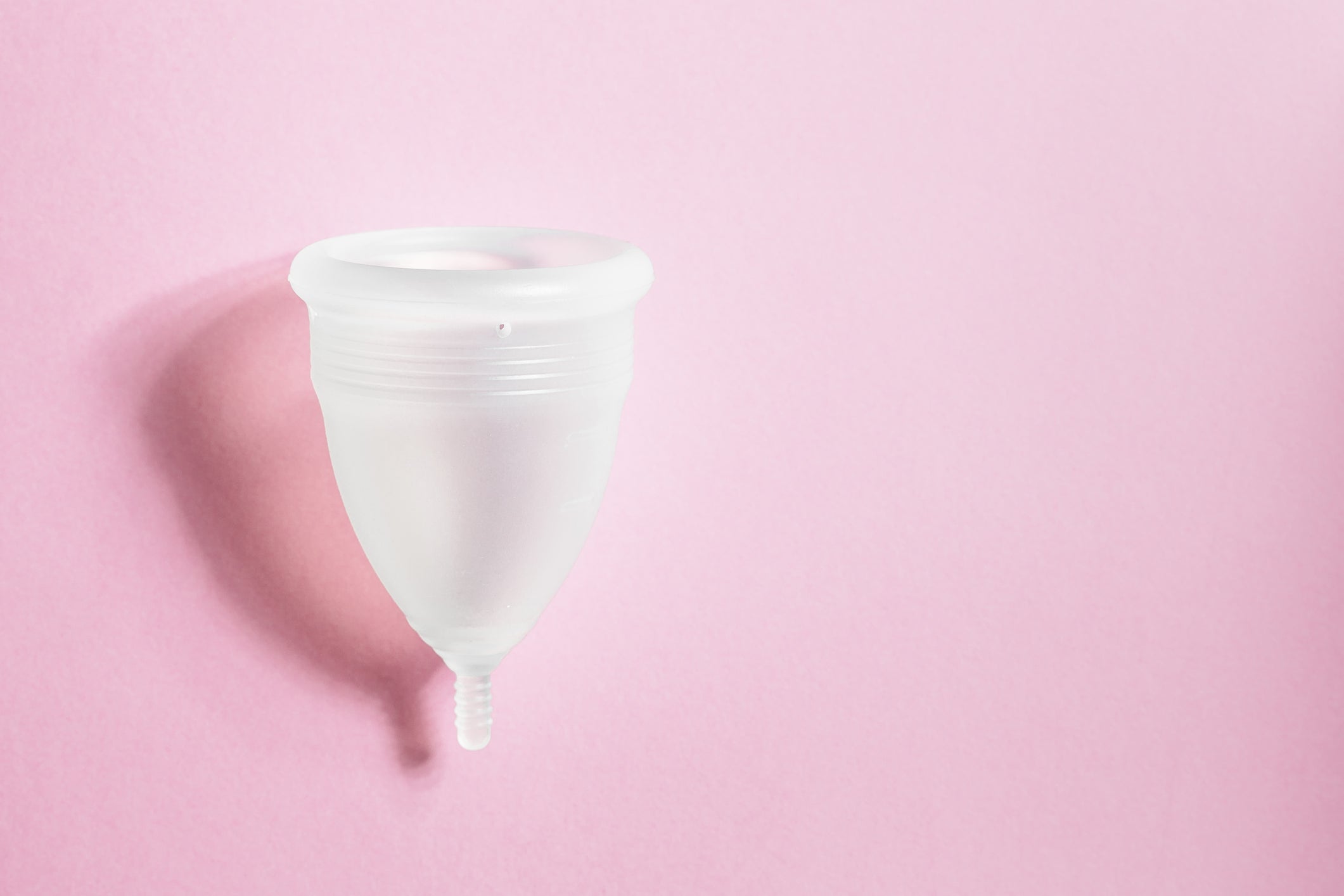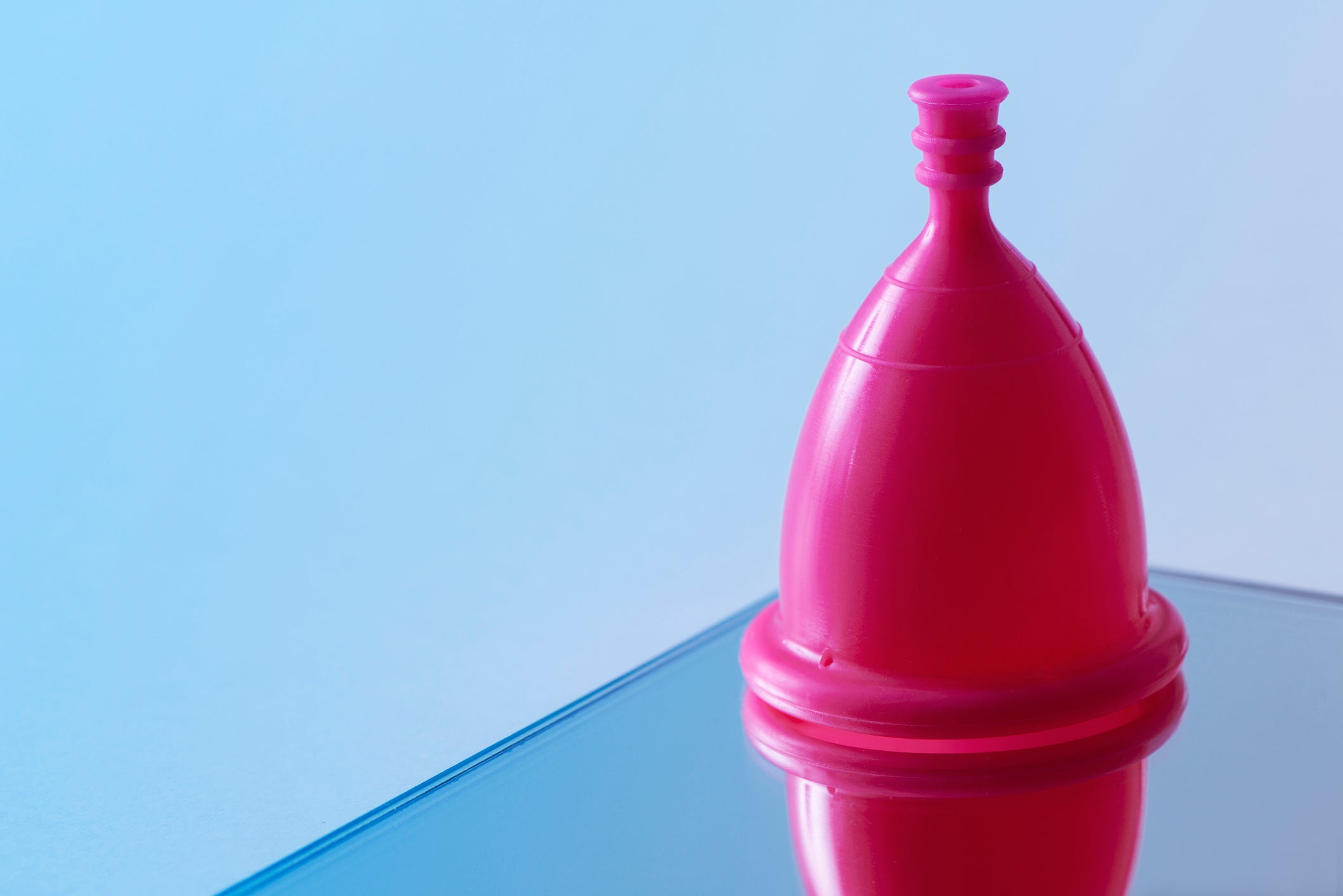The Independent's journalism is supported by our readers. When you purchase through links on our site, we may earn commission.
Asos selling the Mooncup: Why you should start using menstrual cups
They’re a huge help to the environment and your wallet

Your support helps us to tell the story
From reproductive rights to climate change to Big Tech, The Independent is on the ground when the story is developing. Whether it's investigating the financials of Elon Musk's pro-Trump PAC or producing our latest documentary, 'The A Word', which shines a light on the American women fighting for reproductive rights, we know how important it is to parse out the facts from the messaging.
At such a critical moment in US history, we need reporters on the ground. Your donation allows us to keep sending journalists to speak to both sides of the story.
The Independent is trusted by Americans across the entire political spectrum. And unlike many other quality news outlets, we choose not to lock Americans out of our reporting and analysis with paywalls. We believe quality journalism should be available to everyone, paid for by those who can afford it.
Your support makes all the difference.For many women, pads, panty-liners and tampons are so intrinsic to life we barely give them a second thought.
However, there’s a growing menstrual revolution as we face the ugly truth of many of these products.
This is where alternatives like the menstrual cup come in, with Asos making them even more widely available by selling the Mooncup for £22.
Reusable sanitary items might seem gross, but this is far from the truth.
Products like the Mooncup are a huge help to the environment and your own personal health – and here’s why.
What is the environmental impact of period products?
2018 has been a year of plastic revolution. We’ve started reconsidering how much we’re using plastic and the impact this is having on the environment.
Single-use water bottles and plastic straws are used far less, but menstrual products have definitely been slow to catch up.
Many people don’t realise the environmental damage of necessary items like tampons.
According to the Women’s Environmental Network, every UK woman uses an average of over 11,000 disposable menstrual products in their reproductive lifetimes, and in total this results in more than 200,000 tonnes of waste a year.
And according to the organisation, pads can in some cases be made up of about 90 per cent plastic, which may end up in landfills or even in the sea.
Compare this to the Mooncup – you only need to buy one and it will last you for years. It’s made out of silicone, but is vastly better for the environment because it’s reusable.
What are the health benefits?

The environmental benefits are a huge draw for menstrual cups, but it’s also said to be good for your body. Mooncup says its product won’t dry out vaginal moisture or leave behind fibres when you use it.
It’s also likely to be a good option for people with sensitive skin or allergies, because it’s latex-free, hypoallergenic and free from bleach.
Are there any other positives?
According to the charity Bloody Good Period, the average lifetime cost of your period is around £4,800.
One of the main attractions of the Mooncup is the fact that it will save you money – one £22 payment and you’re set for the next few years.
It’s also worthwhile for people with heavy periods who find they have to change their menstrual products frequently, as a Mooncup holds three times more blood than a regular tampon.
And finally, menstrual cups have convenience going for them.
There’s nothing worse than being hit by a surprise period, only to find out you’ve got no sanitary products in your house – something which can be avoided with a cup that’s always there.
Join our commenting forum
Join thought-provoking conversations, follow other Independent readers and see their replies
Comments